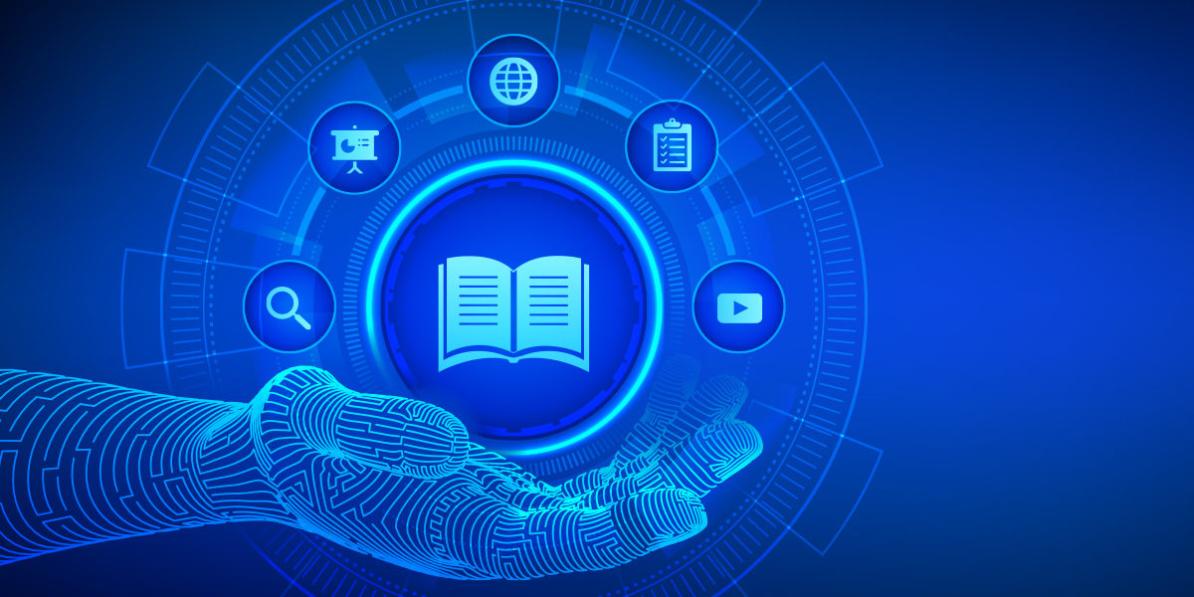The Role of AI in Addressing Educational Challenges in the UAE
Introduction

Education is the cornerstone of a nation's progress and prosperity. However, traditional education systems often face challenges in meeting the diverse needs of students and preparing them for the demands of the 21st-century workforce. Artificial Intelligence (AI) has emerged as a promising tool to address these challenges and transform education in the United Arab Emirates (UAE).
AI-Powered Personalized Learning
AI can be used to create personalized learning experiences for students, tailoring content, pacing, and instruction to their individual needs, strengths, and weaknesses. This approach has been shown to improve engagement, retention, and academic performance.
- AI-powered personalized learning platforms, such as Khan Academy and Duolingo, use adaptive algorithms to adjust the difficulty of content based on the student's progress.
- Virtual learning companions, like Google's "Coach" and DreamBox Learning's "Alex," provide real-time feedback and support to students as they learn.
AI-Enabled Adaptive Learning

Adaptive learning is a data-driven approach to education that adjusts the difficulty of content based on the student's progress. AI algorithms analyze student data to identify areas where they need additional support or are ready for more challenging material.
- AI-enabled adaptive learning platforms, such as Knewton and Smart Sparrow, use sophisticated algorithms to create personalized learning paths for each student.
- These platforms can also provide real-time feedback and recommendations to teachers, helping them tailor their instruction to the needs of their students.
AI-Driven Assessment and Feedback
AI can be used to assess student learning and provide feedback in a more efficient and timely manner than traditional methods. AI-powered assessment tools can analyze student responses, identify areas where they need additional support, and provide personalized feedback.
- AI-driven assessment platforms, such as Gradescope and Turnitin, use natural language processing (NLP) to grade essays and assignments, freeing up teachers' time for other tasks.
- These platforms can also provide detailed feedback to students, helping them identify areas where they need to improve.
AI-Supported Learning Analytics
Learning analytics is the collection, analysis, and interpretation of data about students' learning. AI can be used to analyze this data to identify trends and patterns, which can then be used to improve teaching and learning.
- AI-supported learning analytics platforms, such as Tableau and Power BI, can help teachers identify students who are at risk of falling behind and provide them with additional support.
- These platforms can also help teachers identify effective teaching strategies and make data-driven decisions about their instruction.
AI-Empowered Educational Chatbots
Educational chatbots are AI-powered virtual assistants that can provide students with 24/7 support and answer their questions. These chatbots can be integrated into learning management systems or accessed through mobile apps.
- AI-empowered educational chatbots, such as Google's "Ask a Question" and Duolingo's "Chatbot," can answer student questions about course material, assignments, and exams.
- These chatbots can also provide personalized feedback and recommendations, helping students learn at their own pace.
Challenges and Considerations
While AI has the potential to transform education in the UAE, there are also challenges and ethical considerations that need to be addressed.
- Data privacy: AI algorithms require large amounts of data to learn and improve. It is important to ensure that student data is collected and used in a responsible and ethical manner.
- Bias: AI algorithms can be biased, reflecting the biases of the data they are trained on. It is important to mitigate bias in AI algorithms to ensure that all students have equal access to high-quality education.
- The potential for AI to replace teachers: Some people worry that AI will eventually replace teachers. However, AI is not intended to replace teachers, but rather to augment their skills and help them provide better instruction to their students.
Conclusion
AI has the potential to transform education in the UAE and address its challenges. By providing personalized learning experiences, adaptive learning, AI-driven assessment and feedback, learning analytics, and educational chatbots, AI can help students learn more effectively and efficiently.
However, it is important to address the challenges and ethical considerations associated with the use of AI in education. By working together, educators, policymakers, and technologists can ensure that AI is used responsibly and ethically to improve the quality of education for all students in the UAE.
YesNo

Leave a Reply